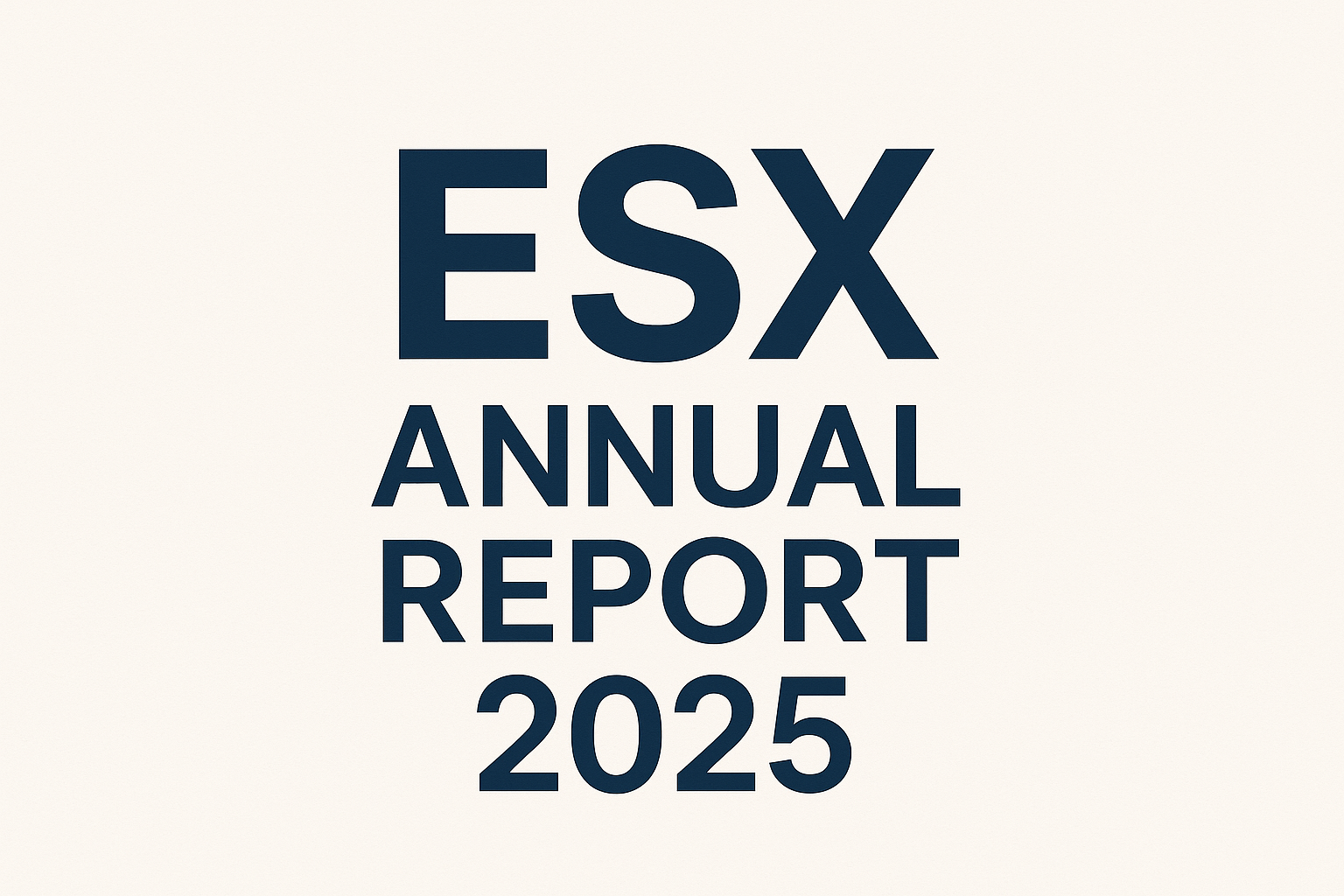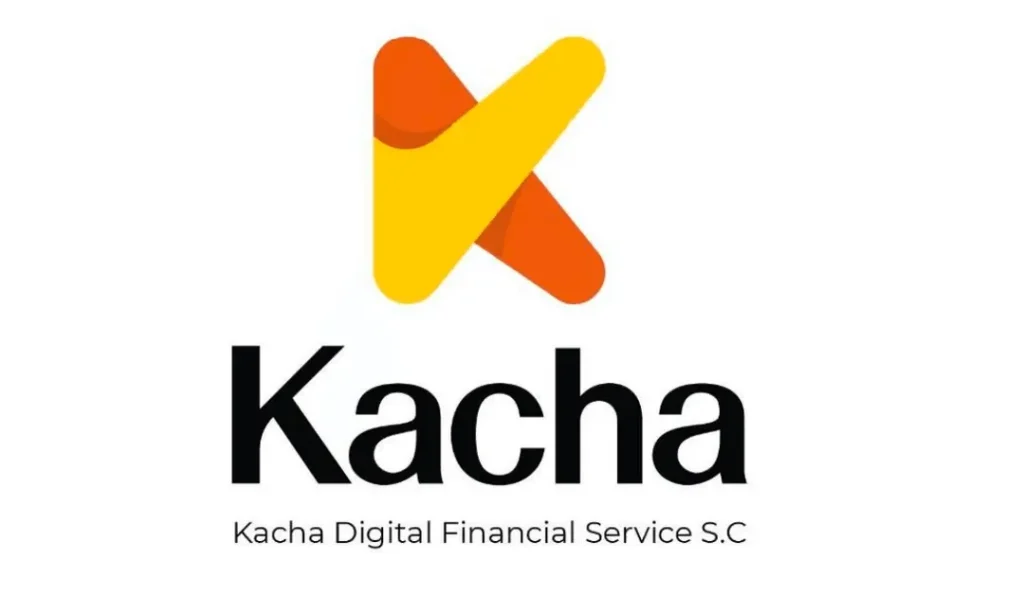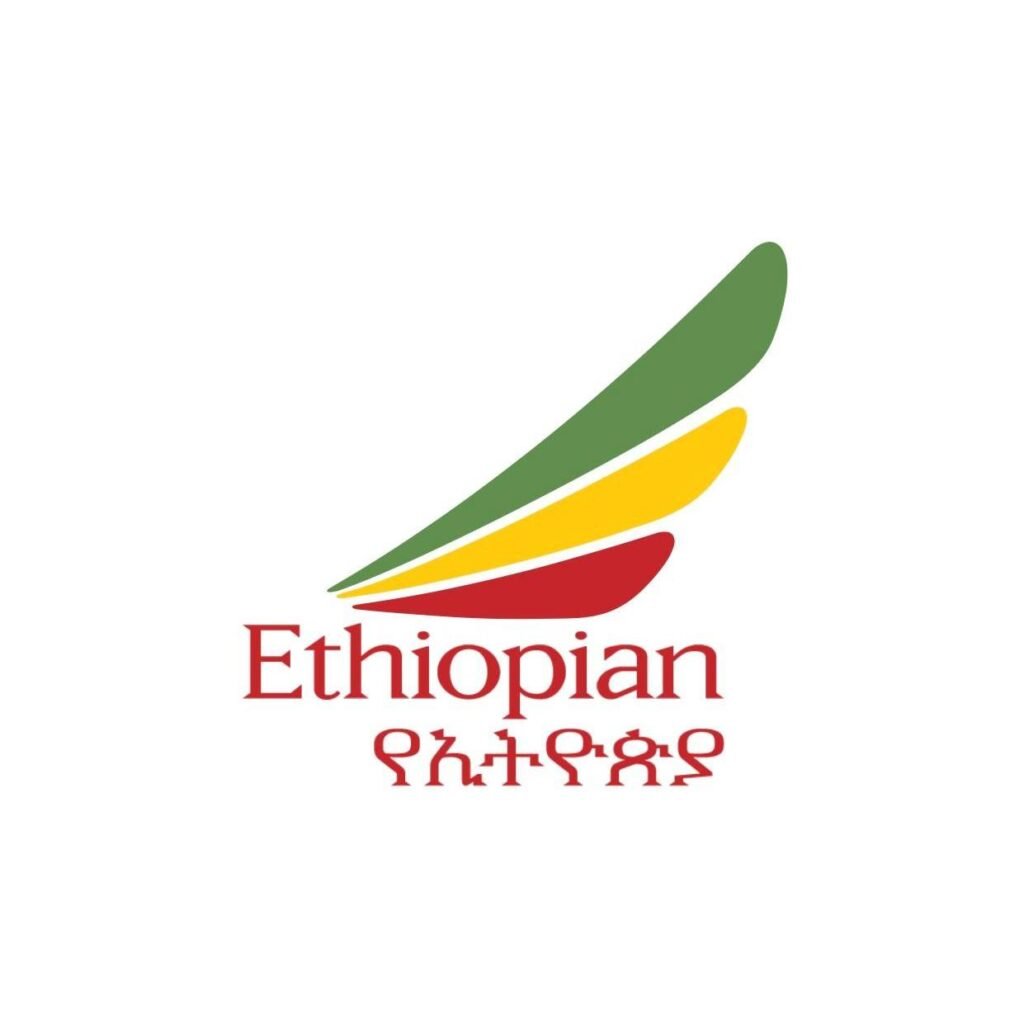Five Ethiopian Insurers Launch Consortium to Protect Millions of Farmers from Climate Risks
Addis Ababa, Ethiopia
Five of Ethiopia’s largest insurance providers have joined forces to create the Ethiopian Agricultural Insurance Consortium (EAIC), a groundbreaking initiative designed to protect smallholder farmers from devastating climate shocks. This collaborative effort marks a significant step in addressing the growing threats of drought, floods, and unpredictable weather patterns that have long plagued Ethiopia’s agricultural sector.
The consortium includes Nyala Insurance, Awash Insurance, United Insurance, Oromia Insurance, and Abay Insurance, combining their expertise to offer affordable and accessible coverage to millions of vulnerable farmers. With agriculture supporting the livelihoods of millions and contributing significantly to Ethiopia’s economy, this initiative aims to provide a critical safety net against climate-related losses.
The EAIC will introduce three key insurance products tailored to small-scale farmers. The first is drought and flood index insurance, which uses satellite data and weather station metrics to automatically trigger payouts when predefined climate conditions are met. The second is livestock mortality coverage, protecting farmers against losses caused by climate-related animal deaths. The third is input cost guarantees, ensuring farmers are reimbursed for seeds, fertilizers, and other inputs lost due to extreme weather.
To make coverage affordable, premiums start at just 50 Ethiopian Birr (approximately $0.90) per acre annually, with the government’s Agricultural Transformation Institute subsidizing 60% of the cost. This pricing structure is designed to ensure even the most resource-limited farmers can access protection.
The initiative has received strong backing from the World Bank, which has committed $200 million through its Ethiopia Climate Resilient Development Project to support scaling efforts. The consortium aims to reach 5 million farmers within three years, representing about 15% of Ethiopia’s farming population. Advanced technologies, including blockchain for transparent claims processing and mobile platforms for easy enrollment, will help streamline operations and ensure efficiency.
“Farmers should not have to bear the full brunt of climate disasters alone,” said Tewodros Kassahun, chairperson of the EAIC. “This consortium is about giving them the tools to recover and rebuild when extreme weather strikes.”
Despite its promise, the initiative faces challenges, including low insurance awareness in rural areas and gaps in weather monitoring infrastructure. To overcome these hurdles, the EAIC plans to train 1,000 rural agents and launch extensive outreach programs to educate farmers about the benefits of climate insurance.
The launch comes at a critical time, as Ethiopia continues to grapple with the impacts of climate change, including prolonged droughts and unpredictable rainfall. If successful, the EAIC could serve as a model for other African nations facing similar climate challenges.







